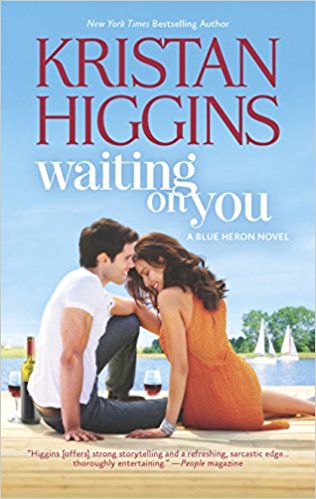 I devoured this second-chance romance in a day because I had to see how everything played out. This is the third in the Blue Heron series and is Colleen O’Rourke’s story.
I devoured this second-chance romance in a day because I had to see how everything played out. This is the third in the Blue Heron series and is Colleen O’Rourke’s story.
Colleen’s as entertaining as ever, running her Manningsport, NY bar with her twin brother, Connor, and flirting with every guy who comes in, all while playing town matchmaker. She thinks of herself as happy, but really she’s lonely because she’s never truly gotten over her first love. She and Lucas Campbell were the real deal back in high school and college, but a minor overreaction on her part and a misunderstanding on his part caused them to break up when they were in their early twenties. We don’t really know how that happened until a ways into the book because Higgins tells this story with the same flashback approach she has used in the other books. So we get the whole history while seeing how things develop now.
Lucas has been living in Chicago for his entire adult life (they had a long-distance relationship in college) but he’s back in Manningsport for a family emergency. This naturally brings Colleen and him into contact. Colleen, despite her big and confident personality, becomes a bit of an idiot around Lucas because she just isn’t over him. He looks as good as ever and their chemistry hasn’t dissipated, either. She experiences verbal diarrhea around him, which is generally funny.
As always, the story is full of family dynamics. In this case, it’s three of them—Colleen’s mom, dad, and stepmom; Lucas’s cousin, uncle, and aunt; and Lucas’s original family (his mom and dad). We don’t see much of Lucas’s dad, but we understand the impact both his mom’s early death and what happened with his dad had on him. Lucas’s “adoptive” family plays a very important role in the story, as its his uncle’s illness that brings him to town. Colleen’s family is complicated but not as troubled as Lucas’s.
There are also some subplots and numerous minor characters. The most notable one is her matchmaking attempt with Paulie and Bryce (Lucas’s cousin). I never really got into that one. Bryce was pretty clueless about everything and a total player who I had trouble imagining changing. But Lucas’s uncle’s illness is really important for Lucas, as is his uncle’s request that he help Bryce grow up. That’s a little funny at times, but I just never liked Bryce. Despite that, the main story made up for it for me.
Since this is a Higgins book, the writing is top notch. She is just one of the best writers out there for taking the reader on an emotional journey. The dialogue is crisp and witty and the (primary) plot is satisfying and well laid out. The heat level is not very high, due to her way of writing around the details while still giving you a good idea of what’s going on.
Obviously if you’re a Higgins fan, you’ll want to read this one. But if you like contemporary romances with a big cast, you’ll probably like it, as well. I’ve got book #4 on my desk waiting to be read.
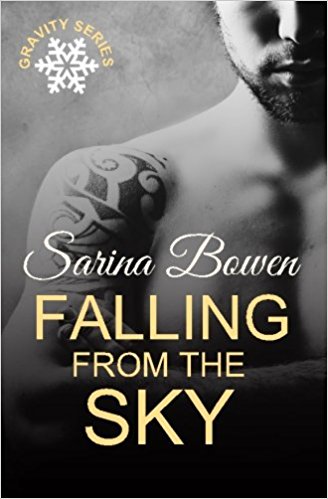 This is another sports-themed winner from Bowen. As the second in the Gravity series, it’s still snow sports. Hank “Hazardous” Lazarus is a renowned snowboarder on his way to the Olympics and Callie Anders (who we know from the first book in the series—she’s Willow’s doctor friend) meets him at the beginning of the book right before he mistimes a jump and gives himself a serious spinal injury. She ends up seeing him in the hospital not long afterward, when it’s not clear if he’ll walk again.
This is another sports-themed winner from Bowen. As the second in the Gravity series, it’s still snow sports. Hank “Hazardous” Lazarus is a renowned snowboarder on his way to the Olympics and Callie Anders (who we know from the first book in the series—she’s Willow’s doctor friend) meets him at the beginning of the book right before he mistimes a jump and gives himself a serious spinal injury. She ends up seeing him in the hospital not long afterward, when it’s not clear if he’ll walk again.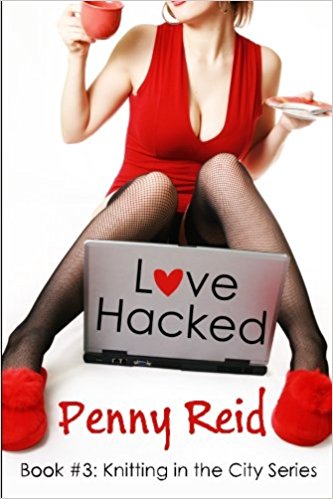 This is a slightly weird book. Not that that’s a bad thing, but it is a thing. That’s because of the hero, Alex Greene, who’s got some serious secrets. He also lacks social skills, but not in the normal socially-awkward way. No, his confidence is fine. He just behaves weirdly at times, like looking at people slightly too long and intensely when he’s taking their order at the restaurant he works at.
This is a slightly weird book. Not that that’s a bad thing, but it is a thing. That’s because of the hero, Alex Greene, who’s got some serious secrets. He also lacks social skills, but not in the normal socially-awkward way. No, his confidence is fine. He just behaves weirdly at times, like looking at people slightly too long and intensely when he’s taking their order at the restaurant he works at. So despite some of my earlier reservations, I’m clearly a Higgins fan now since I can’t stop reading her books.
So despite some of my earlier reservations, I’m clearly a Higgins fan now since I can’t stop reading her books.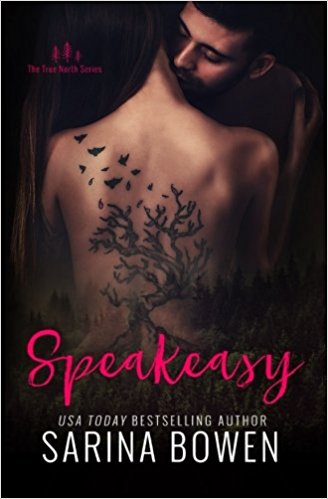 Here’s another installment of my favorite series. Needless to say, I was excited to read it and pretty much devoured it in two days. This one is May Shipley and Alec Rossi’s (Zara’s brother) story.
Here’s another installment of my favorite series. Needless to say, I was excited to read it and pretty much devoured it in two days. This one is May Shipley and Alec Rossi’s (Zara’s brother) story.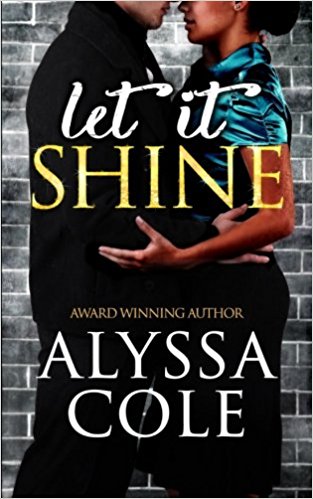 Let It Shine is a slim book, coming in at a little over 100 pages, but it doesn’t feel short. I mean that in the good way—it’s complex and substantive and I really enjoyed it.
Let It Shine is a slim book, coming in at a little over 100 pages, but it doesn’t feel short. I mean that in the good way—it’s complex and substantive and I really enjoyed it.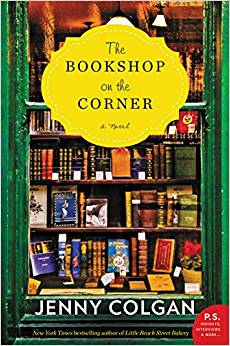 The Bookshop on the Corner is lovely, even if the name doesn’t quite fit. The main character’s bookshop is too unique to be that simplistically summed up.
The Bookshop on the Corner is lovely, even if the name doesn’t quite fit. The main character’s bookshop is too unique to be that simplistically summed up.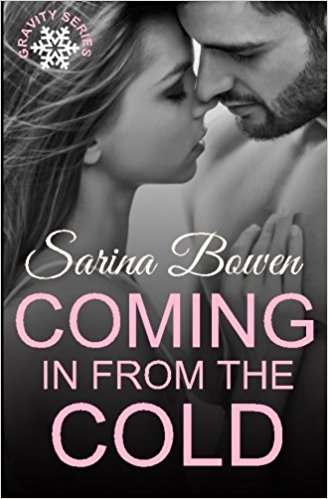 I’ve had this book a little while and was sort of saving it, not wanting to run out of Bowen’s novels. She’s prolific, but not that prolific. (If only…)
I’ve had this book a little while and was sort of saving it, not wanting to run out of Bowen’s novels. She’s prolific, but not that prolific. (If only…)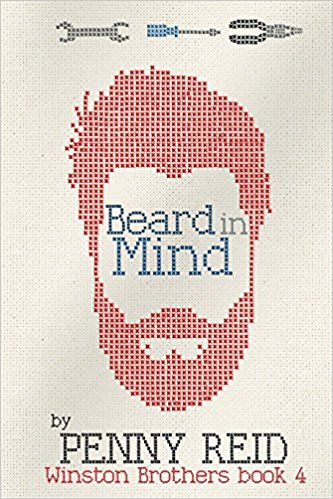 Now it’s finally Beau Winston’s turn. The overly pleasant, charming guy has been watching his brothers and sister get their HEAs started and he’s a little more jealous than he’d like to admit to himself.
Now it’s finally Beau Winston’s turn. The overly pleasant, charming guy has been watching his brothers and sister get their HEAs started and he’s a little more jealous than he’d like to admit to himself.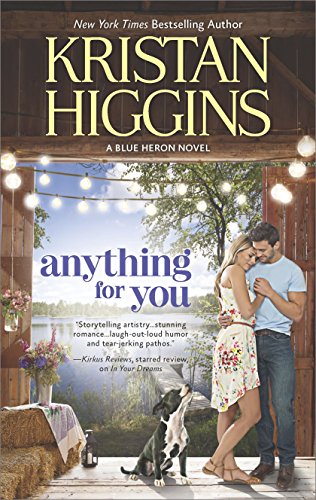 Even though usually the main main character of an mf romance is the female lead, Anything for You is Connor O’Rourke’s story. Jessica Dunn is important, but we start and end with Connor and it was kind of fun that way.
Even though usually the main main character of an mf romance is the female lead, Anything for You is Connor O’Rourke’s story. Jessica Dunn is important, but we start and end with Connor and it was kind of fun that way. The first Penny Reid book I read was the first in this series and I loved it, so I was anticipating reading the rest of the series (in order, of course). So Elizabeth’s story came next.
The first Penny Reid book I read was the first in this series and I loved it, so I was anticipating reading the rest of the series (in order, of course). So Elizabeth’s story came next.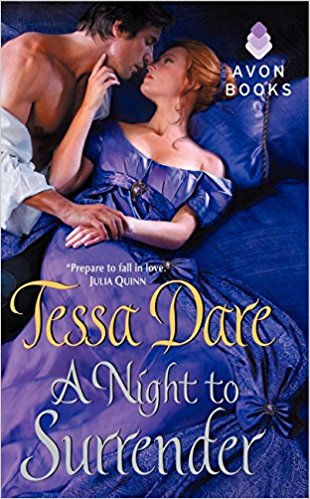 I’m pretty sure this is the first regency romance I’ve read (excepting Jane Austen) since I usually stick to contemporaries. This book reminded me of why that is—the men in that time were pretty horrible. Even the “good” ones. Also, corsets. Why do people think those are romantic? You can’t breathe in them. Breathing is important. It keeps you from passing out and stuff.
I’m pretty sure this is the first regency romance I’ve read (excepting Jane Austen) since I usually stick to contemporaries. This book reminded me of why that is—the men in that time were pretty horrible. Even the “good” ones. Also, corsets. Why do people think those are romantic? You can’t breathe in them. Breathing is important. It keeps you from passing out and stuff.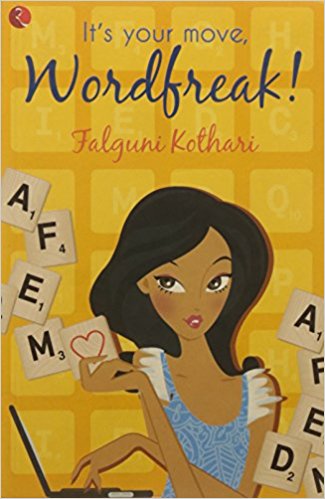 I stumbled across It’s Your Move, Wordfreak! on a list of Indian romances. The book has a lot going for it. It’s a cute premise—Alisha and Aryan meet online playing Scrabble. They really hit it off and decide to go on a semi-blind date. Alisha’s a smart and successful divorce lawyer who’s a little commitment-phobic due to her own parents’ failed marriage. Aryan’s a hot man-about-town who also happens to be a wildly successful architect.
I stumbled across It’s Your Move, Wordfreak! on a list of Indian romances. The book has a lot going for it. It’s a cute premise—Alisha and Aryan meet online playing Scrabble. They really hit it off and decide to go on a semi-blind date. Alisha’s a smart and successful divorce lawyer who’s a little commitment-phobic due to her own parents’ failed marriage. Aryan’s a hot man-about-town who also happens to be a wildly successful architect.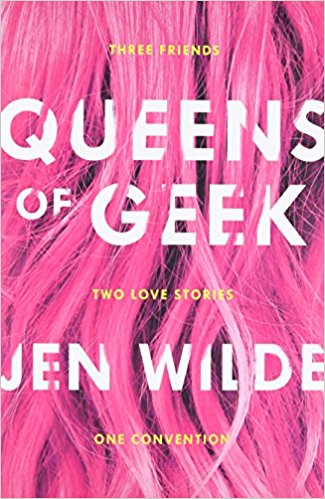 Queens of Geek is technically a YA romance, not something I usually review here (generally they’re too tame, but I made an exception because it was what I read this week and the characters are all eighteen so it could be considered New Adult, which I would review here). So.
Queens of Geek is technically a YA romance, not something I usually review here (generally they’re too tame, but I made an exception because it was what I read this week and the characters are all eighteen so it could be considered New Adult, which I would review here). So.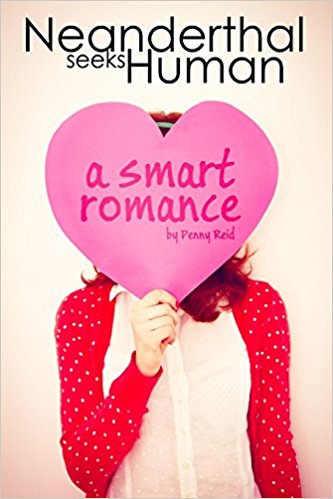 What’s better than a socially-awkward but very smart heroine hitting rock bottom before meeting the guy who’ll change everything? If you’re me, that’s a recipe for a highly entertaining romance.
What’s better than a socially-awkward but very smart heroine hitting rock bottom before meeting the guy who’ll change everything? If you’re me, that’s a recipe for a highly entertaining romance.